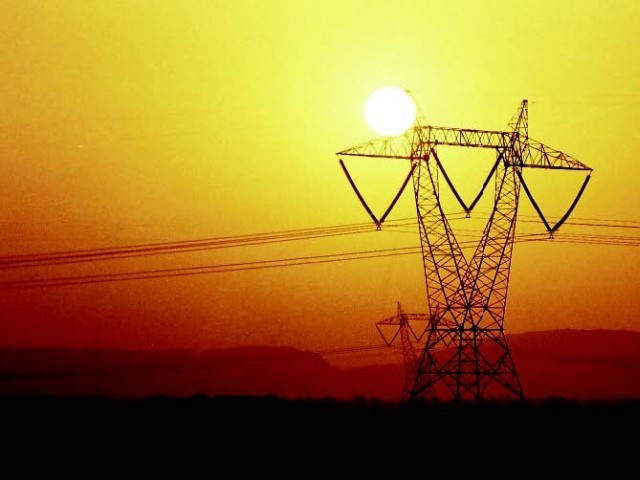
Nepra claims that a uniform power tariff was imposed on end-consumers across the country and different tariffs set for power companies were not actually charged from the end-users. This reduction will bring down the subsidy cost for the government, if it is paying any. In case the tariff is lower than the uniform rate, then the government will impose a surcharge on end-consumers. In both these cases – either subsidy payment or surcharge collection – the government will be the beneficiary. There will be no relief for the consumers.
Another consequence would be that the income of K-Electric will shrink following the tariff reduction as earlier it was earning more from the end-consumers because of the higher tariff. K-Electric argues that Nepra’s recent move will impact its working capital, bring down investment and cause uncertainty. It is in this backdrop that K-Electric’s new buyer, Shanghai Electric Power, has approached prime minister, asking him to take notice of the development, which it says has reduced the incentive for acquisition of the company. The prime minister has constituted a high-level committee to review the determination. Investors fear that the deal with Shanghai Electric may not go through if the Nepra decision is upheld. One cannot ignore the fact that this deal would pave the way for more investment in Pakistan.
Published in The Express Tribune, March 27th, 2017.
Like Opinion & Editorial on Facebook, follow @ETOpEd on Twitter to receive all updates on all our daily pieces.
-(1)1717678110-0/Kendrick-(1)-(1)1717678110-0-405x300.webp)











COMMENTS
Comments are moderated and generally will be posted if they are on-topic and not abusive.
For more information, please see our Comments FAQ